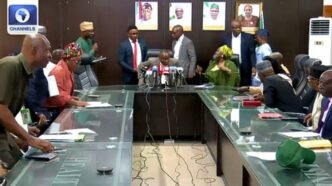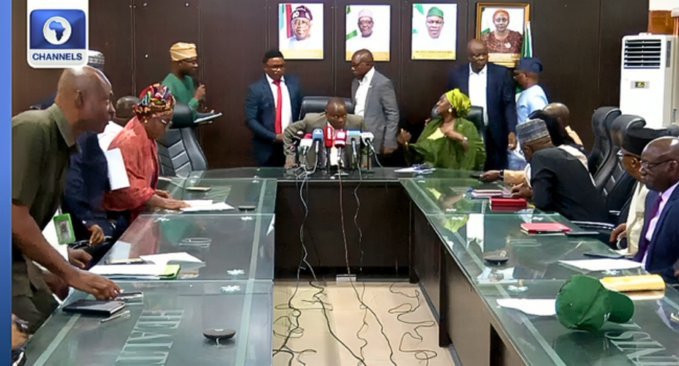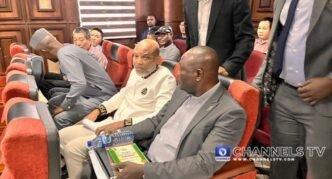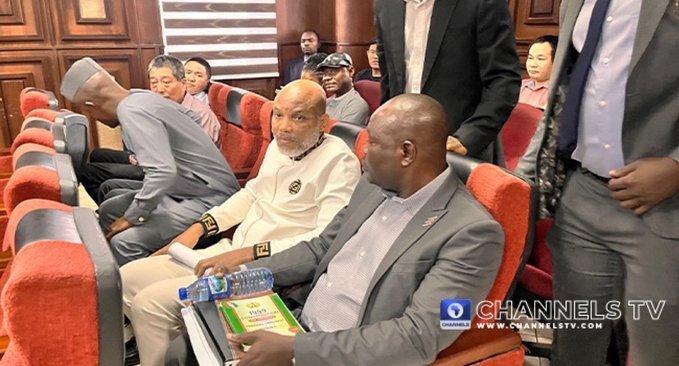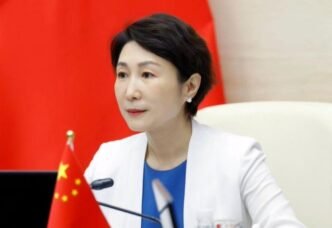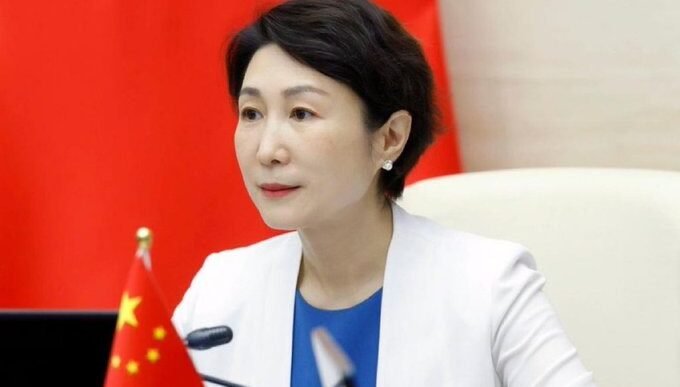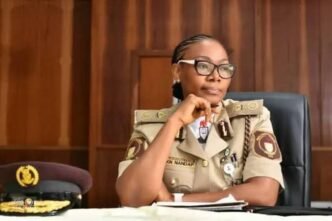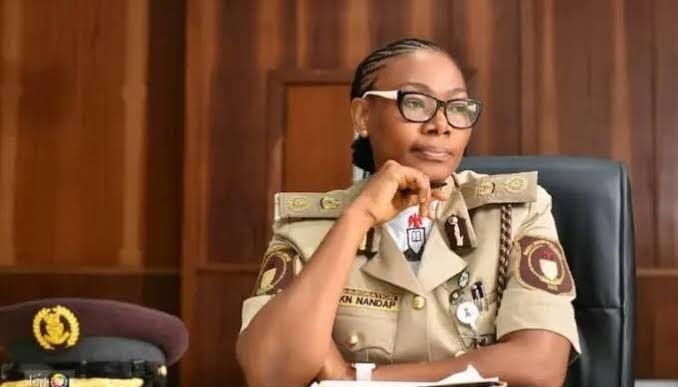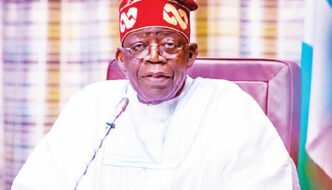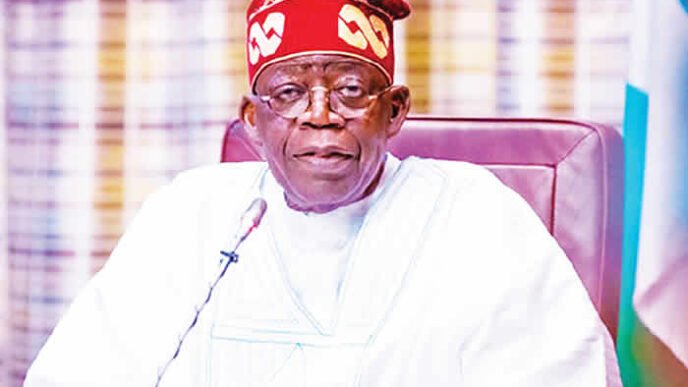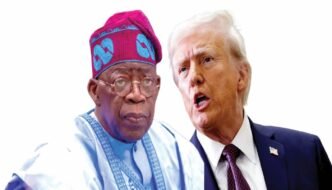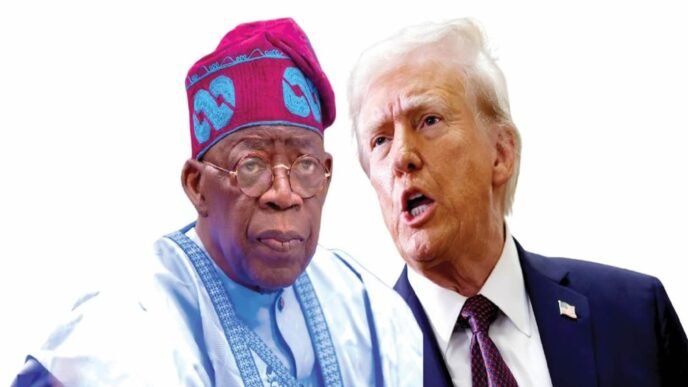The Federal Government of Nigeria has appealed to striking resident doctors to call off their ongoing industrial action, assuring that 60 percent of their outstanding arrears have already been cleared.
The appeal was made on Tuesday in Abuja by the Minister of Labour and Employment, Hon. Nkeiruka Onyejeocha, following an emergency meeting with representatives of the Nigerian Association of Resident Doctors (NARD) and officials of the Federal Ministry of Health and Social Welfare.
Onyejeocha said the government remains committed to fulfilling all agreements reached with the doctors and urged them to “show understanding and patriotism” by returning to work while negotiations continue.
“We have cleared over 60 percent of the arrears owed to the resident doctors, and the remaining balance is being processed. The Federal Government is not insensitive to their demands, but we appeal for patience as we complete the payment process,” the minister stated.
Background to the Strike
The resident doctors commenced an indefinite strike last week after accusing the Federal Government of failing to implement key aspects of their 2024 agreement, including the payment of salary arrears, hazard allowances, and recruitment of additional medical personnel to reduce workload in public hospitals.
In a statement released at the start of the strike, NARD said its members were forced to withdraw their services nationwide due to “persistent government neglect” and the “failure to implement previous memoranda of understanding.”
The group, led by Dr. Dele Abdullahi, had also demanded an urgent review of the Consolidated Medical Salary Structure (CONMESS) and the immediate payment of skipping arrears and the 2023 Medical Residency Training Fund (MRTF).
“Our members have shown enough restraint. The welfare of doctors must not continue to be taken for granted,” the association said.
Government’s Response
Responding to the situation, Minister Onyejeocha reaffirmed that the Tinubu administration had made substantial progress in addressing the grievances of the medical sector since taking office.
She explained that out of the total arrears owed to resident doctors, 60 percent has been paid, while the remaining 40 percent is already being processed by the Office of the Accountant-General of the Federation.
“This administration inherited several unresolved issues from previous governments, but we have taken concrete steps to clear them. We urge the doctors to see that progress is being made and return to work for the sake of the nation,” she said.
The Minister also disclosed that the government had released funds for the payment of hazard allowances to healthcare workers in federal hospitals, as well as approved new recruitment waivers to fill critical medical positions across the country.
Health Minister Speaks
In his remarks, the Coordinating Minister of Health and Social Welfare, Prof. Muhammad Ali Pate, appealed to the striking doctors to prioritize the lives of patients and consider the broader implications of the industrial action on the nation’s already strained healthcare system.
“We understand the frustration, but this strike is coming at a time when our hospitals are struggling to cope with patient inflow,” Pate said. “We have made commitments, and we are fulfilling them. The Ministry of Health will continue to engage NARD in good faith.”
Pate added that the Federal Government was working closely with the Budget Office and the National Salaries, Incomes, and Wages Commission to fast-track the payment of outstanding entitlements and implement new salary adjustments in the 2025 fiscal year.
Impact of the Strike
Since the commencement of the strike, public hospitals across the country have been paralyzed, with thousands of patients left unattended. Outpatient services, surgeries, and emergency care have been severely disrupted in teaching hospitals and federal medical centers.
Reports from Lagos, Abuja, Kano, Enugu, and Port Harcourt indicate that only consultants and a few house officers remain on duty, leading to long queues and rising frustration among patients.
At the National Hospital, Abuja, relatives of patients were seen assisting with basic care, while in University College Hospital (UCH), Ibadan, several wards had been closed due to lack of personnel.
Health analysts have warned that a prolonged strike could lead to avoidable loss of lives and further weaken confidence in the nation’s public healthcare system, which is already under strain from brain drain and infrastructure decay.
Doctors Stand Their Ground
Despite the government’s assurances, NARD officials have maintained that the strike will continue until all outstanding payments are made and clear timelines are established for the implementation of agreed reforms.
Speaking on Tuesday, NARD President Dr. Abdullahi told reporters that while the union acknowledges progress in payments, there is still distrust over the government’s timelines based on previous unmet promises.
“We appreciate the efforts being made, but our members have suffered for too long. We need written assurances backed by actual payments, not verbal commitments,” Abdullahi said.
He also urged the Federal Government to address the mass exodus of Nigerian doctors to other countries, which he described as a “national emergency” threatening the future of healthcare delivery in Nigeria.
Public Reaction and Stakeholder Appeals
The ongoing strike has triggered widespread concern among Nigerians, with civil society organizations, patient advocacy groups, and the Nigeria Medical Association (NMA) calling for an urgent resolution.
The NMA President, Dr. Uche Ojinmah, in a statement on Tuesday, urged both parties to return to the negotiation table, warning that the continued shutdown of hospitals could lead to catastrophic health consequences.
“We urge the government to keep its promises and the resident doctors to show compassion to the suffering patients. Both sides must find common ground for the sake of the people,” Ojinmah said.
Conclusion
The Federal Government’s latest appeal marks a renewed effort to end the doctors’ strike that has crippled public hospitals nationwide.
While officials insist that 60 percent of arrears have been cleared and further payments are underway, the resident doctors remain cautious, demanding tangible results before suspending their industrial action.
As negotiations continue, millions of Nigerians are hoping for a swift resolution that will restore normalcy to the nation’s healthcare system — and prevent further escalation of a crisis that has already stretched families, hospitals, and the economy to the limit.

